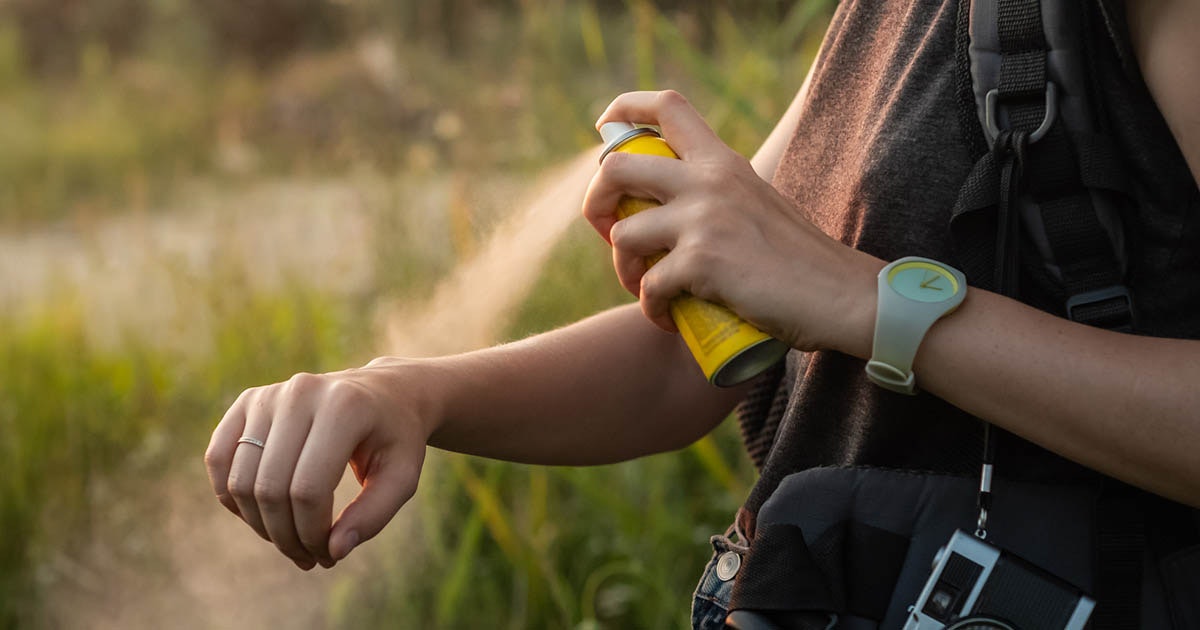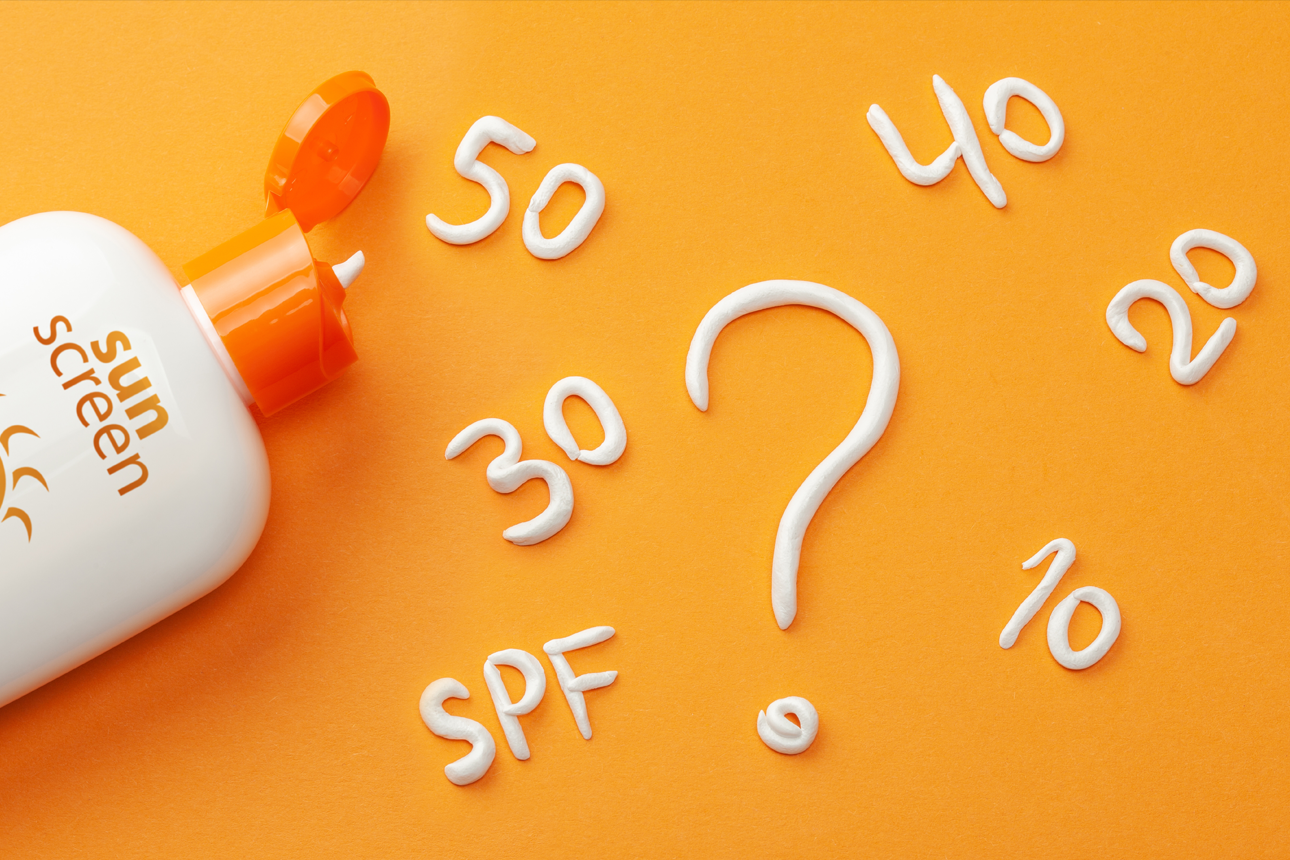Repellents with diethyltoluamide (DEET) are known as the gold standard. But some people don’t like how it smells or feels on their skin, and worry about its safety. It can also damage some fabrics and plastic items like sunglasses.
So how do the alternatives compare? We tested four natural products containing plant oils, four picaridin-based products, and nine DEET-based products to find out.
Key results
15 out of 17 repellents were +90% effective against mosquitoes for two hours. The same 15 out of 17 were +80% effective for four hours.
The most effective repellents we tested were the DEET-based ones as well as one natural oil-based repellent (Bug Grrr Off Natural Personal Insect Repellent Jungle Strength) with 36% oil of lemon eucalyptus (OLE).
It didn’t matter how much DEET was in a repellent – they all performed similarly. Repellents with labels stating “heavy duty” or “tropical strength” weren’t any more effective than other DEET-based repellents. Note that some of the DEET products in our test contain additional active ingredients (for more detail, see Mosquito repellents table).
The Picaridin-based products were nearly as effective as the DEET-based ones. Again, it didn’t matter how much picaridin was in a repellent – they all performed similarly.
Natural oil-based repellents with an unspecified amount of OLE or with different oils as the active ingredients lost effectiveness quicker than the rest. However, Thursday Walkabout Insect Repellent Roll-on still kept 72% of mosquitoes away for six hours.
Effective ingredients
The Health Navigator Charitable Trust website lists DEET, picaridin, IR3535 and oil of lemon eucalyptus (OLE, also known as PMD) as providing reasonably long-lasting protection from insect bites.
But you need to follow the directions on any insect repellent’s label. For example, DEET shouldn’t be used on babies under two months, or on children in concentrations of 30% or more.
And although Picaridin is less likely to irritate the skin than DEET, it still shouldn’t be used on children under two years. OLE shouldn’t be used on children under three years.
Some natural products contain plant oils other than OLE that can repel insects. These include citronella, melaleuca (tea tree), lemongrass, eucalyptus and lavender. But they typically wear off quickly, so must be reapplied regularly to be effective.

Tips for using repellents
Apply evenly to all exposed skin, except broken skin.
Reapply after swimming or sweating.
Don’t apply spray repellents directly to your face. Instead, spray your hands then rub on your face, avoiding your eyes and mouth.
Don’t spray near food and drinks. Wash hands after applying, especially before eating.
For babies and children, check the repellent is suitable for their age before applying. Use netting on prams, cots and play areas to keep insects out.
If you need to use repellent and sunscreen together, apply the sunscreen first, let it dry, then put on the repellent. Since sunscreen should be reapplied every two hours, while repellents are usually effective for several hours, we don’t recommend repellent/sunscreen combos.
Protection overseas
In some countries, biting insects can spread serious illnesses such as malaria, dengue fever, yellow fever and zika.
Here are some tips from Dr Yvonne Partridge, a travel medicine specialist, on how to reduce the risk of getting bitten.
Use a repellent with 30–40% DEET or 20–25% picaridin for protection lasting 6–10 hours.
For a natural alternative to DEET or picaridin, use a repellent containing oil of lemon eucalyptus (OLE). Don’t use other plant-based oils such as citronella – they wear off quickly.
Cover up with long-sleeved shirts and trousers that are light in colour.
Sleep under protective netting and/or in an air-conditioned room.
Treat clothing, mosquito nets and sleeping bags with permethrin (but don’t apply directly to skin). It kills mosquitoes and ticks, and lasts about 10 wash cycles, or six months in unwashed items.
Dr Partridge says there’s no evidence that taking vitamin B, eating marmite, yeast or garlic, or wearing mosquito-repellent wristbands deters insects from biting. “Wristbands (even those containing DEET) are of limited benefit because they only protect the skin near the wrist”, she said.
Test results
Want to read the full article?
Thousands of expert product/service reviews
Personal support through our Consumer Rights Advice Line
Premium articles and in-depth buying advice
Add a Consumer magazine for even more exclusive content
How we test
Testing was carried out in an independent laboratory.
Each repellent was tested on four people. Each person had the repellent applied to a clean forearm according to the directions, then placed their forearm in a transparent cage with approximately 40 unfed mosquitoes.
The repellents were tested to the full amount of time they claimed to be effective, to a maximum of six hours.
At set time intervals, each tester exposed their arm for three minutes. The number of attempted and successful mosquito landings were recorded. An attempted landing is when a mosquito touches the skin but doesn’t stay there. A successful landing is when a mosquito lands and stays for more than one second.
All the repellents tested claim to protect against other biting insects, but those weren’t included in this test. Repellent effectiveness can vary between insect species, including different mosquito species.


